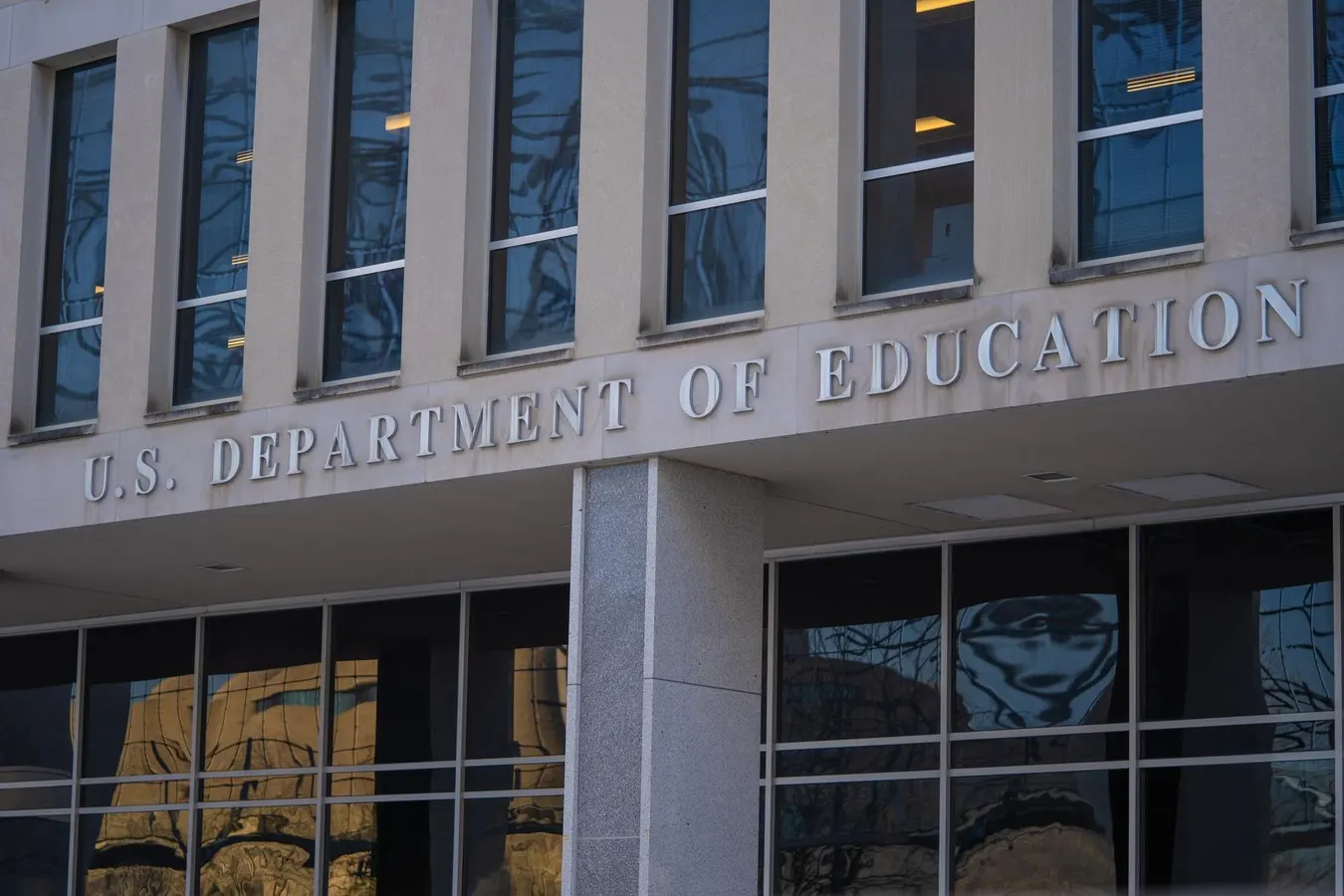By Michael T. Nietzel,Senior Contributor
Copyright forbes

The Department of Education plans to end about $350 million in funding for hundreds of Minority-Serving Institutions.
The U.S. Department of Education intends to end grant funding for hundreds of minority-serving institutions (MSI) that educate substantial shares of college students from underrepresented racial and ethnic backgrounds.
Wednesday’s announcement targets federal grants for colleges attended by large numbers of Hispanics, Asian Americans, Alaska Native and Native Hawaiian students. Also included are funds for predominantly Black institutions and Native American-serving institutions, which are colleges that educate a large share of Black or Native students, but are not designated by the government as historically Black colleges or universities (HBCUs) or tribal colleges.
As two examples of programs it believes are unconstitutional, the Department cited grants for the Predominantly Black Institutions program, where eligibility requires a minimum of 40% Black student enrollment. Another example were various awards for Hispanic-Serving Institutions, a designation created by Congress in 1992 for institutions that maintained enrollments of at least 25% of Hispanic students.
The Department claimed these grant programs “discriminate by conferring government benefits exclusively to institutions that meet racial or ethnic quotas.” As a result, the affected colleges face the loss of $350 million in discretionary funds that were to have been allocated in fiscal year 2025. Instead, that funding “will be reprogrammed into programs that do not include discriminatory racial and ethnic quotas and that advance Administration priorities,” according to the announcement.
As a justification for the action, the Department cited a determination in July by the U.S. Solicitor General that Hispanic-Serving Institutions programs “violate the equal-protection component of the Fifth Amendment’s Due Process Clause,” resulting in the Department of Justice electing to not defend them in a lawsuit recently brought against the Department by the state of Tennessee and the Students for Fair Admissions advocacy group. The Department said it “agrees that the racial quotas in the HSI programs are unconstitutional” and would therefore use “its statutory authority to reprogram discretionary funds to programs that do not present such concerns.”
MORE FOR YOU
“Discrimination based upon race or ethnicity has no place in the United States,” said U.S. Secretary of Education Linda McMahon, in the announcement. “To further our commitment to ending discrimination in all forms across federally supported programs, the Department will no longer award Minority-Serving Institution grants that discriminate by restricting eligibility to institutions that meet government-mandated racial quotas,” said McMahon, adding that “diversity is not merely the presence of a skin color. Stereotyping an individual based on immutable characteristics diminishes the full picture of that person’s life and contributions, including their character, resiliency, and merit.”
McMahon concluded the “Department looks forward to working with Congress to reenvision these programs to support institutions that serve underprepared or under-resourced students without relying on race quotas and will continue fighting to ensure that students are judged as individuals, not prejudged by their membership of a racial group.”
The Department intends to stop funding both 2025 new awards and non-competing continuations for these seven grant programs.
Strengthening Alaska Native and Native Hawaiian-Serving Institutions (Title III Part A);
Strengthening Predominantly Black Institutions (Title III Part A);
Strengthening Asian American- and Native American Pacific Islander-Serving Institutions (Title III Part A);
Strengthening Native American-Serving Nontribal Institutions (Title III Part A);
Minority Science and Engineering Improvement (Title III Part E);
Developing Hispanic-Serving Institutions (Title V Part A); and
Promoting Postbaccalaureate Opportunities for Hispanic Americans (Title V Part B).
The Department said it would still disperse about $132 million in mandatory funds appropriated by Congress that cannot be reprogrammed on a statutory basis. Those programs include:
Strengthening Alaska Native- and Native Hawaiian-Serving Institutions (Title III Part F);
Strengthening Predominantly Black Institutions (Title III Part F);
Strengthening Asian American- and Native American Pacific Islander-Serving Institutions (Title III Part F);
Strengthening Native American-Serving Nontribal Institutions (Title III Part F); and Developing HSI Science, Technology, Engineering, or Mathematics and Articulation Programs (Title III Part F).
Even though the Trump administration has, from its outset, shown its disapproval for a wide range of diversity, equity and inclusion programs and race-conscious admission policies, the news of the grant terminations came as a shock to many higher education leaders, in part because the grants go to institutions, rather than individual students, so everyone attending those schools, regardless of their race or ethnicity, stands to benefit from the support.
According to Inside Higher Education, Deborah Santiago, CEO of Excelencia in Education, an organization that fosters Latino student success, said “institutions put time and effort into competing for these funds, and then they’ve made three- to five-year plans to invest in. Now they’re going to be left without any of that, with no recourse … and these institutions serve a high enrollment of needy students, Hispanic and otherwise, who will pay the price.”
The Department’s decision is very likely to face legal challenges. Like several other of the Trump administration’s funding actions affecting higher education, a key question will be whether the administration has the authority to spend funds in ways that are contrary to the specific purpose for which they were appropriated by Congress.
Editorial StandardsReprints & Permissions



